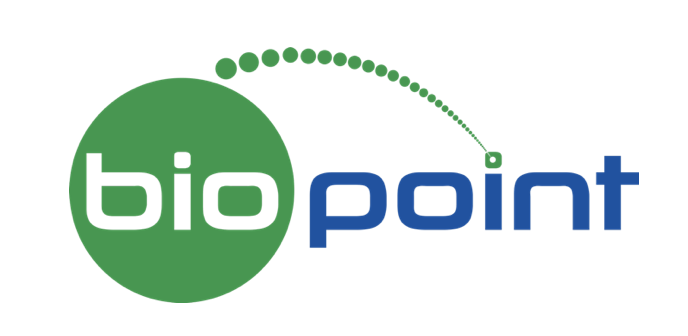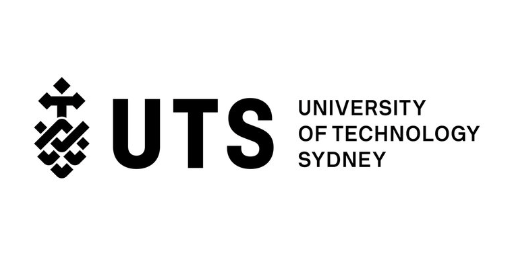
Rapidly deployable sensing for water pathogens
The Challenge
The widespread access to clean drinking water is said to be one of the most significant health achievements of the 20th century. Testing the safety of drinking water remains a critical component of safe water supply, however the methods to test contaminated water have not changed in decades. Pathogens such as Giardia and Cyrptosporidium, coming from feces of infected people or animals, are difficult to detect with sensors as their signature molecules become extremely diluted. Existing tests are slow to produce results, and often the consumption of water occurs before the results appear. A testing kit is needed that both has ultra low level of detection and able to be rapidly performed.
The Solution
This project explores the use of CRISPR technology (awarded the Nobel Prize in 2020) to develop a biosensor with ultra low detection limits. The specifc technique of using CRISPR sensors, developed between UNSW and industry partner BioPoint, has achieved sensititivies orders of magnitude higher than state-of-the-art methods – enabling rapid testing times. The project looks to build on this development and to scale up the manufacturing of necessary reagents for the test.



